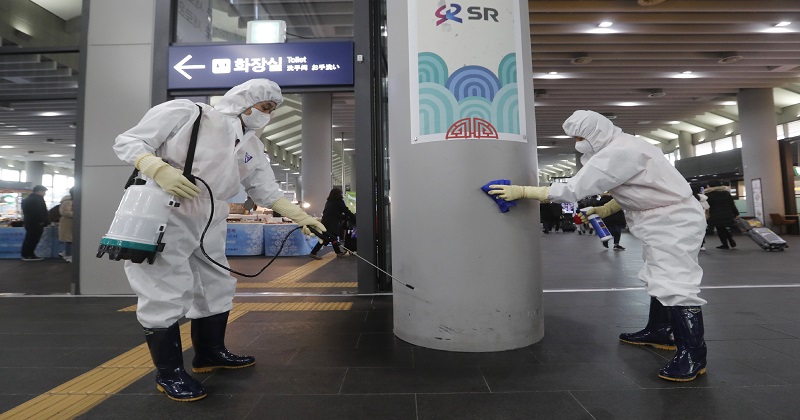
Workers began trickling back to offices and factories around China on Monday as the government eased some restrictions on working during a coronavirus epidemic that has killed more than 900 people, most on the mainland.
Sunday’s death toll of 97 was the largest in a single day since the outbreak was first detected in December and linked to a market selling animals in Hubei province’s capital, Wuhan.
Stocks and oil fell while safe-haven gold rose as the death toll from the outbreak surpassed that of another coronavirus, which brought a global epidemic of Severe Acute Respiratory Syndrome (SARS) in 2002/2003, raising alarm bells about its severity.
A team of experts headed by the World Health Organization (WHO) was flying into Beijing on Monday to help assess the outbreak.
The epidemic has caused huge disruptions in China with usually teeming cities becoming virtual ghost towns during the past two weeks as Communist Party rulers ordered virtual lockdowns, canceled flights and closed factories and schools.
Authorities told businesses to add up to 10 extra days onto Lunar New Year holidays that had been due to finish at the end of January.
Even on Monday, a large number of workplaces will remain closed and many white-collar workers were working from home.
On one of the usually busiest subway lines in Beijing, trains were largely empty. The few commuters seen during peak-hour morning traffic were all wearing masks.
Jin Yang, who works for a department under China’s State Administration of Foreign Exchange, rode a bicycle to work instead of public transport. Staff were told to wear masks, avoid face-to-face meetings and the canteen was closed, he said.
Another employee surnamed Chen said the insurance company he worked for forbid people from taking public transport.

Post Your Comments